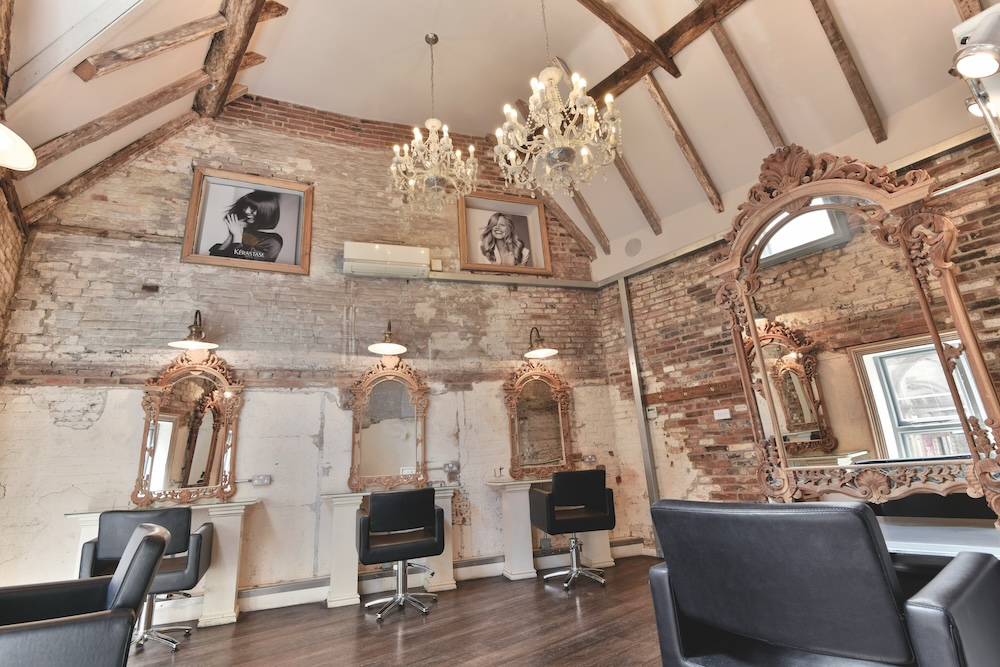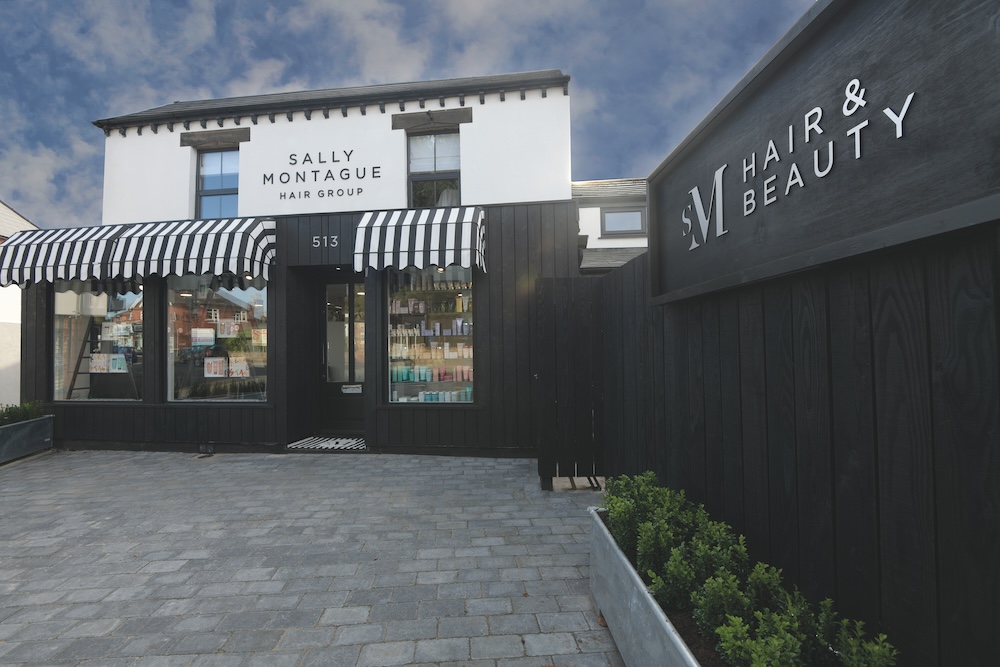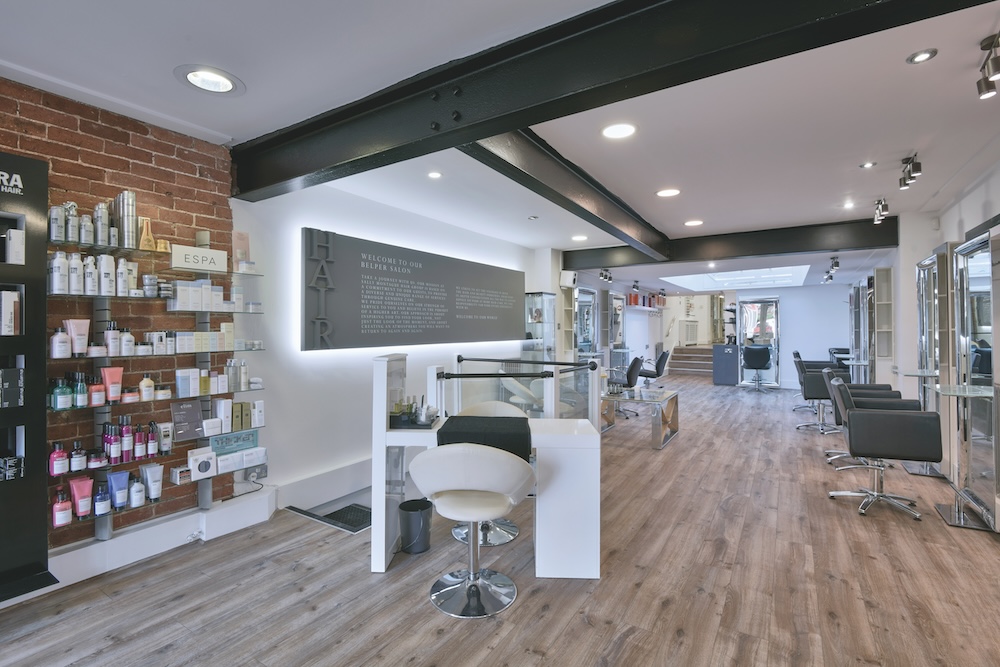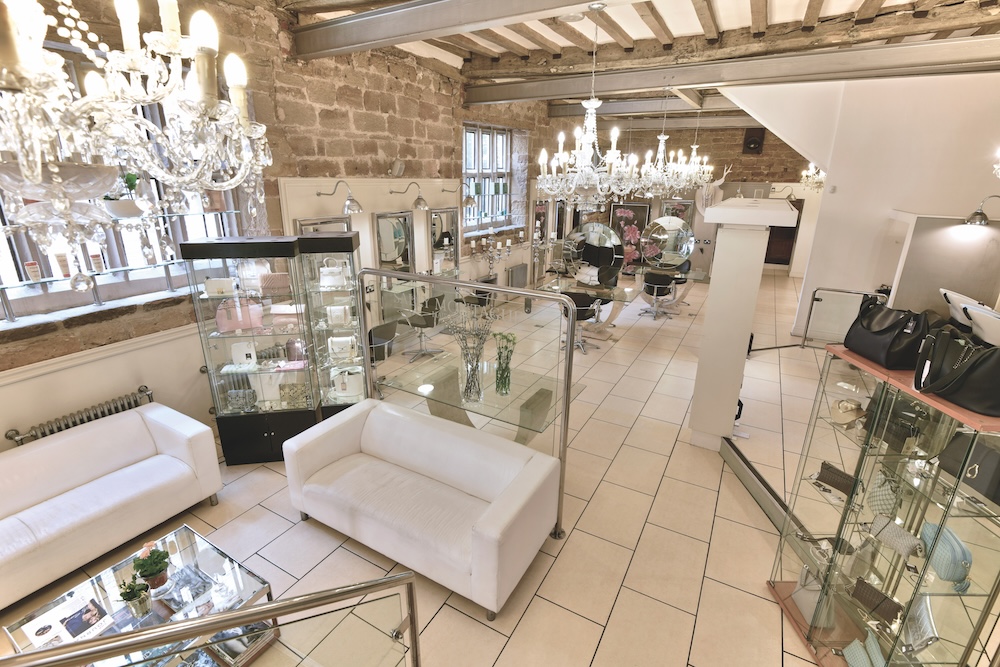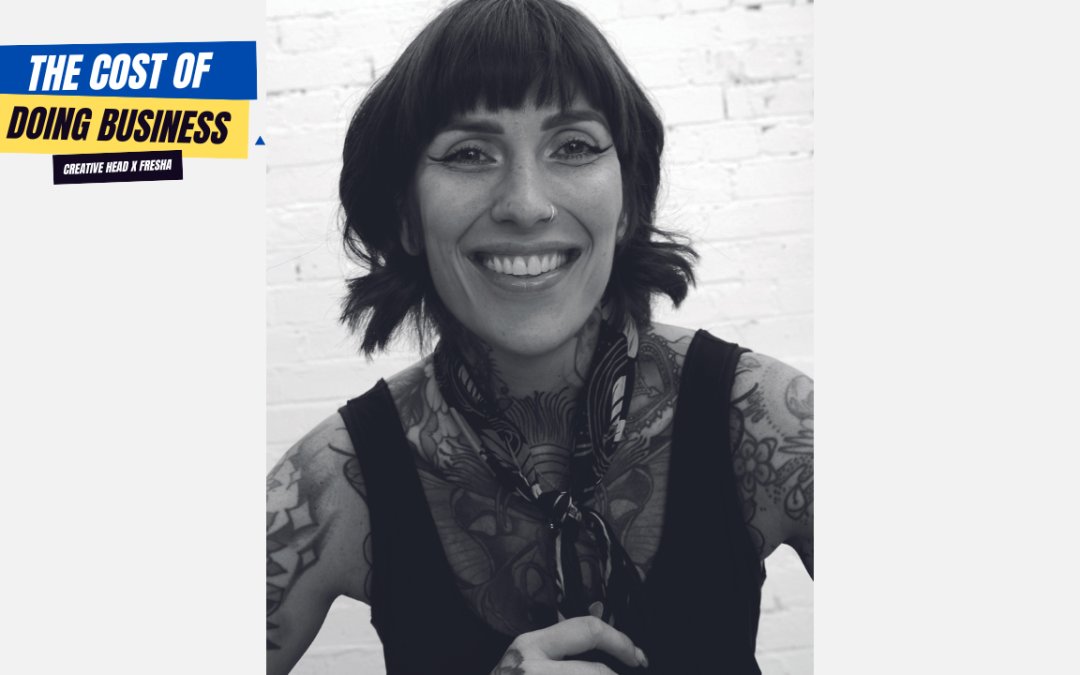
Is Your Business Keeping You Awake At Night?
Is Your Business Keeping You Awake At Night?
A perfect storm of negative drivers is disrupting hairdressing businesses nationwide.
by | THE COST OF DOING BUSINESS

Hairdressing businesses – many still carrying debts arising from the pandemic – are currently grappling with high energy bills, increased employment costs and cautious consumer spending. Pouring fuel onto the fire are rising borrowing costs, which squeeze margins and place more businesses in financial distress. With the era of cheap money over, business challenges are becoming more difficult to resolve.
The Bank of England has raised UK interest rates 14 times since December 2021 in a bid to control inflation. At the time of going to press, rates stand at 5.25 per cent, up from zero a few years back. Consequently, the cost of raising or refinancing loans has shot up and businesses that loaded up on debt at rock-bottom rates are facing a “financial reality check”, says Julie Palmer, a managing partner at turnaround specialists Begbies Traynor. Consumer-facing sectors such as hairdressing, hospitality, retail and leisure have been hit particularly hard, she says. Alarmingly, the number of insolvencies in 2023 was the highest it’s been since 1993 and 52 per cent more than in 2021, according to the Office for National Statistics.
The impact is being most widely felt as a ‘chill’ on investment and growth, as borrowing becomes more difficult, says the Federation of Small Businesses (FSB). The trade group says would-be borrowers increasingly report being asked for personal guarantees against loans, even for relatively small amounts, which prevents many from going ahead. It also found three in 10 small firms that recently applied for were rejected. “Many small businesses are waiting until interest rates start to fall once again before investing in anything that isn’t core to their business,” says policy chair Tina McKenzie.
“Politicians and policymakers should remember that small firms have been the driving force behind our recovery from past recessions, and this time around it’ll be no different, if they are given the right conditions to start up, scale up, and prosper.” Tina McKenzie, Policy Chair, Federation of Small Businesses
For many hairdressing business owners, however, investment and future growth have long been a pipe dream; it’s the here and now that’s keeping them awake at night: “Will I be able to meet payroll this Wednesday? How many clients might cancel this week? Will our income be big enough to cover ourexpenses? Is it slightly down right now? Is that a trend? How does it compare to last week, month, quarter, year?” These daily struggles can literally take over your life and have you questioning the very reasons you went into business in the first place. No wonder we’ve seen a rise in so-called director fatigue, where owner-managers shut or sell their businesses and re-join the labour market for an easier life.
CASE STUDY
“It’s been impossible for me to get funding.” Sheona Will, owner, Bloom Lifestyle, nationwide
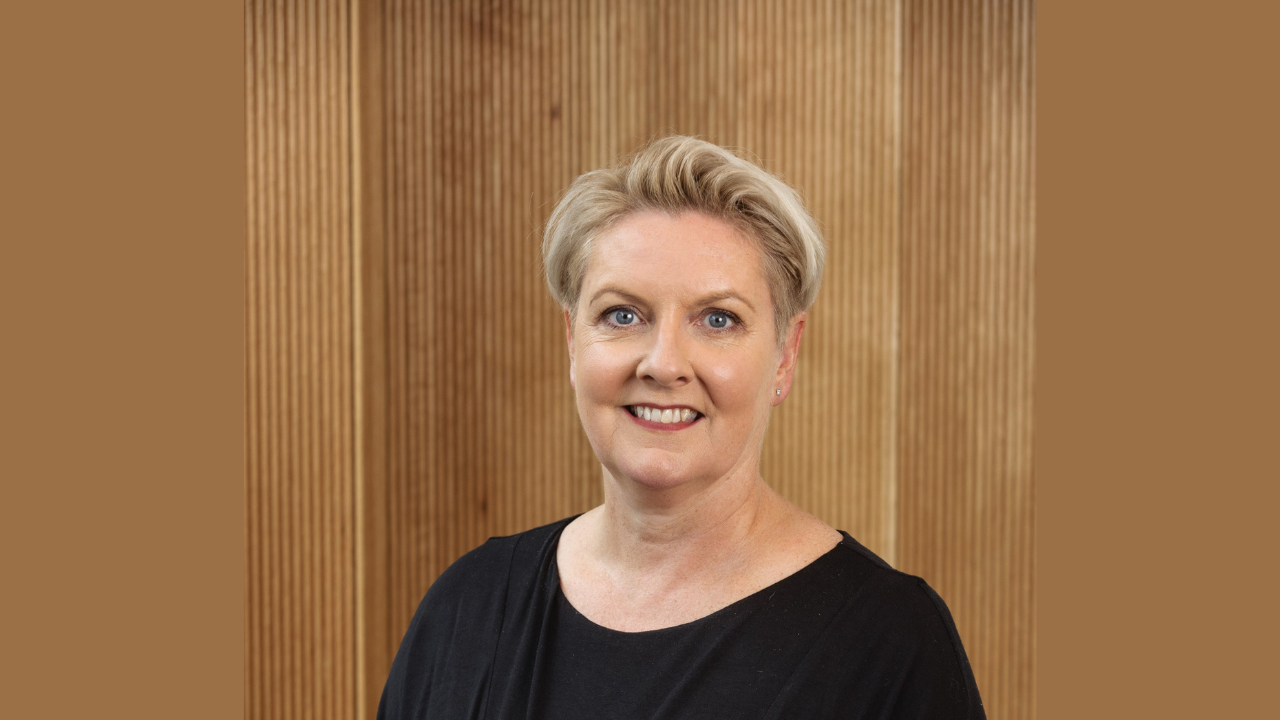
“I had run a business for 22 years with two others when in 2019 we decided to go our separate ways. I took on the Glasgow salon, which I called Bloom Lifestyle, and in 2020 I opened my Aberdeen salon. I managed to survive Covid and all the lockdowns and in 2022 I was invited by Keune to open their flagship salon at Keune HQ in London. So, three salons in three years, all fully employed.
“Some of the challenges are the same as they’ve always been: recruitment, salon culture, mindset, etc. But I also feel like the sand has shifted beneath our feet somewhat, and there are areas where I used to be confident and now I’m not so sure.
“It’s very difficult to secure any kind of funding to open a salon nowadays or just to cut yourself some slack. In my previous business, where we’d been trading for over 20 years, it might have been different, but I only have Covid accounts so it’s impossible to get a bank loan or an overdraft. I’ve had to be really creative with my finances, which has piled on the pressure.
“Then there’s the changing attitudes towards employment. We have our graduate programme, which takes NVQ Level 2 and 3 hairdressers and gets them up our own internal standard, then we have our stylists, who earn commission-based pay, and then we have our highly experienced members of the team, who are more than likely on a freelance contract. In my previous business I knew the culture inside out, but now it’s like running three different businesses at once.”
CASE STUDY
“I used to run my own business. Now I’m an employee again.” Jon Ellis, Smith England, Salisbury

“I had my own hairdressing business for 10 years. We were well–known in the town for being a good place to work but eventually I sold the business (while retaining the freehold to the property) and moved to Cornwall with my partner.
“Then Covid hit and we had sick parents and so we decided to move back. And the manager of the salon at the time was looking for a bigger premises, so there was this real possibility of running my own business again. I love hairdressing and it wouldn’t have taken a lot of money to get the business up and running again. But when I asked myself if I wanted to do this again, the answer was no.
“That was partly because of the cost of running the business – minimum wage for starters, which is killing this industry, plus I would have had to register for VAT. I don’t mind paying VAT, but why do I have to pay the same rate as a business that’s turning over £4 million?
“And the other thing was the culture change in the industry now. I just feel there’s no loyalty. You can rent out your chairs and offer the best deal you can, but someone can open up round the corner, offer a little bit more, and everyone ups and leaves you.
“Years ago, I worked for Phil Smith when he had his Toni&Guy empire, and now he has his Smith England salon in Salisbury. Icalled him up and told him I wanted to work in a salon again, I wanted to be employed. He said, ‘When do you want to start?’
“Being back in a salon has been really refreshing, and there are so many benefits to being employed. The security of a regular wage, holiday pay and sick pay takes away so much stress. Now, if Mrs Jones cancels, I don’t have to fret. If something happens to me, Mrs Jones can be moved to another stylist in the salon temporarily, and then when I come back to work, she’ll be returned to me.
“Running my business had made me ill – it was one of the reasons we moved to Cornwall in the first place. Now my health has improved, and I am really enjoying my work. I count myself very lucky.”








